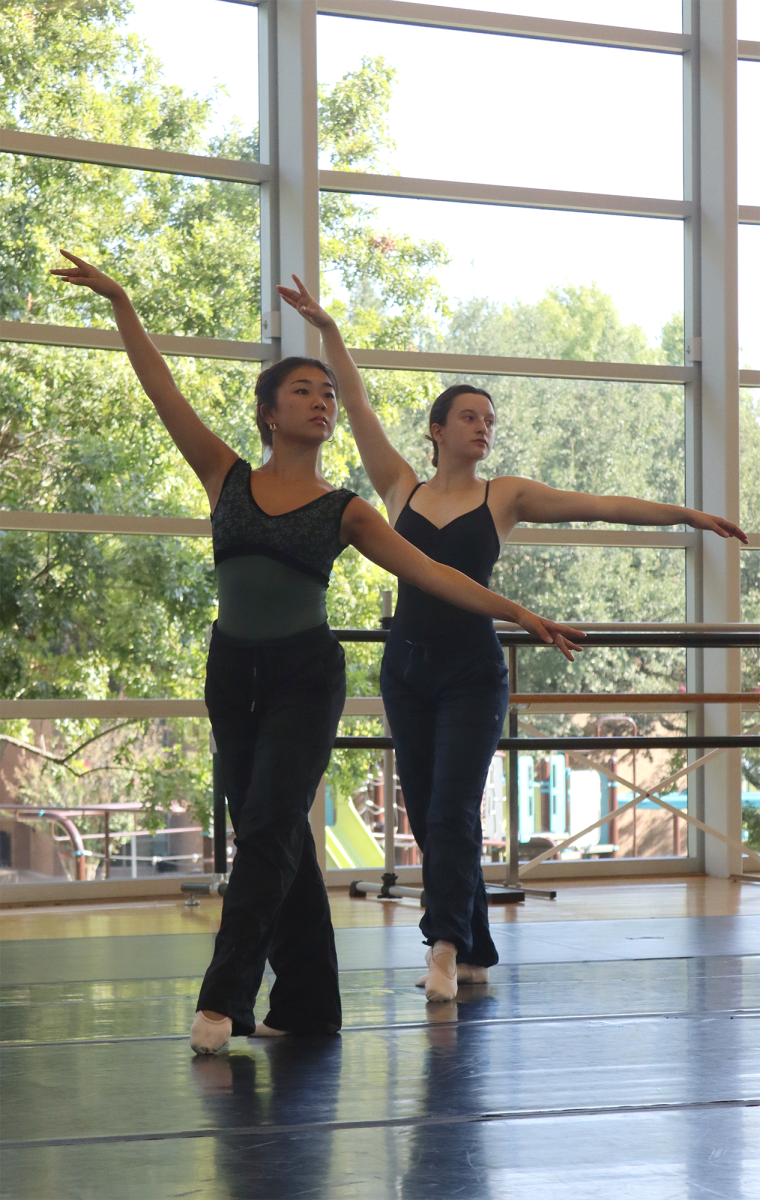While the psychological argument that where we come from heavily influences who we are might be true, the journey of finding yourself holds just as much merit. “Brooklyn” proves exactly that.
This emotion-evoking film, set in the early ‘50s in the titular borough and in a small Irish town that’s always ripe with gossip, tells a classic immigrant romance tale.
But unlike the typical American Dream melodrama, “Brooklyn,” adapted from the novel by Colm Tóibín, avoids nearly all cliches.
Aside from the seasickness and homesickness that Eilis must endure due to her journey from Ireland to Brooklyn, she learns quickly. Through the assistance of a kind Irish priest (Jim Broadbent), Eilis is promised a sales position at a fashionable department store and a room in a boarding house upon her arrival. Timid and slightly vulnerable at first, Eilis is taught the American way of life by her stern yet motherly landlady (Julie Walters) and the other boarding house residents. However, the most captivating individual that this naive Irish lass meets is an Italian-American gentleman, and future boyfriend, Tony Fiorello (Emory Cohen).
Although Tony’s family somewhat resembles an ethnic stereotype (they love baseball and eat spaghetti when Eilis comes over for dinner), it’s almost impossible not to root for the two lovers. Writer Nick Hornby designs a happy-go-lucky relationship, complete with the perfect amount of passion and awkward tension. While Eilis does rely on Tony to fulfill the loneliness that she feels after leaving Ireland behind, Eilis seems to be in control of the relationship. By the end of the film, she becomes a self-respecting, fearless female character, which makes it difficult not to like her despite some questionable decisions she makes.
The turning point of the film nearly writes itself — Eilis has straight-A’s in her night classes, a good job, a pleasant place to stay and a caring boyfriend. Something was bound to go wrong. And it certainly does, compelling Eilis to return home.
Upon her arrival in Ireland, she is greeted with a dream job and a new suitor. Maybe it’s just me, but I prefer the romantic, Italian plumber over a skinny red-head named Jim Farrell (Domhnall Gleeson). Regardless, her romantic plight is one that you can’t help but have an opinion about.
Perhaps what contributes to the picture’s authenticity is director John Crowley’s clever instruction. The film seems rather apathetic in depicting its two settings; rather, the camera remains focused on Eilis and her experiences. At one point, Eilis and Tony take an excursion to a popular tourist location. While it’s clear that the two are on a date at Coney Island, the camera essentially ignores the surrounding environment, therefore allowing Ronan to use every breath, word, facial expression and movement to passionately yet subtly convey a sea of emotion that absorbs the audience one wave at a time without losing a single drop of heartache, excitement, worry or joy.
It’s clear that Saoirse Ronan has remarkably transformed from a child actor in Wes Anderson’s “The Grand Budapest Hotel” to a brilliant and compelling performer. Love might be the superficial conflict throughout much of the film, but Ronan effectively expresses the true, raw friction that emerges from the contrasting aspects of Eilis’s life — her identity in Brooklyn versus her identity in Ireland. It’s the struggle of letting go and personal discovery that the audience can directly relate to. By the end of “Brooklyn,” Eilis has developed a true sense of self, and it’s a conclusion that feels just like home.













